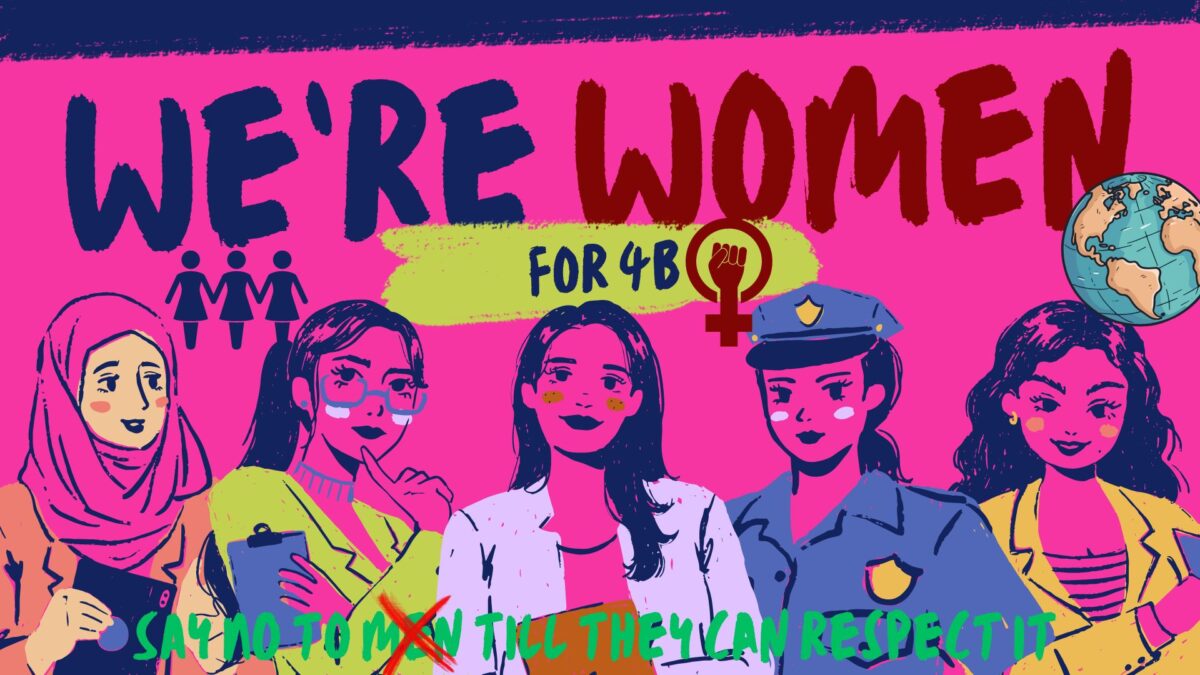Justice Denied? How Trial Time Limits Are Letting Offenders Walk Free
The Jordan ruling set strict time limits on trials to protect defendants’ rights to a timely trial, but this landmark decision is now under fire as hundreds of cases, from sexual assault to violent crime, are dismissed across Canada. Victims say the system is failing them, raising troubling questions about justice and accountability.
A Landmark Ruling’s Controversial Legacy

In August 2023, Melanie Hatton’s case against her ex-husband was dismissed, not for lack of evidence but because the trial took too long to begin. Hatton, who alleged that her husband assaulted her in a brutal 2021 incident, saw her case thrown out due to delays. Since Canada’s Supreme Court established strict trial deadlines in the 2016 Jordan ruling, numerous cases like hers have faced similar fates.
Under the Jordan decision, cases must reach trial within 18 months in provincial courts or 30 months in superior courts. Although the aim was to uphold defendants’ Charter rights, the ruling has led to an unintended consequence: high-profile cases, including some involving serious criminal allegations, have been dismissed. Critics argue the ruling allows offenders to evade justice, undermining public faith in the legal system.
A “Revolutionary” but Divisive Change

The 2016 Jordan ruling transformed the legal landscape, setting “presumptive ceilings” for trials. Lawyer Tony Paisana, who worked on the original case, described the ruling as a necessary step to address long-standing delays.
“Jordan forced everyone involved—judges, prosecutors, and defense attorneys—to prioritize timely trials,” Paisana explained. While he acknowledges controversy, he believes the judgment has had a “net positive effect” by holding the justice system accountable for timely case processing.
Delays and Dismissals: Erosion of Faith in Justice

Despite these goals, the Jordan ruling’s impact on high-stakes cases has fueled intense criticism. In British Columbia alone, 26 cases were dismissed in the past year, including charges of fraud, drug offenses, and sexual assault. Some say these dismissals are corroding public confidence in the justice system.
Edmonton criminal defense lawyer Stacey Purser notes that while Jordan aimed to instill urgency, its unintended impact has been increased panic once deadlines approach. “It hasn’t necessarily created a true culture of urgency but rather a last-minute rush as deadlines loom,” Purser said.
Victims’ Perspectives: “This Is On You”
For victims like Hatton, the dismissal of cases due to Jordan deadlines is devastating. Hatton’s case was dismissed after the court found delays were largely due to the Crown’s failure to meet its obligations. The aftermath has left her traumatized and distrustful of the justice system. “I said, ‘This is on you,’” Hatton recounted, describing her response to the Crown prosecutor.
A similar sense of betrayal resonates with Cait Alexander, who launched a support group for abuse survivors after her ex-partner’s case was dismissed. Alexander expressed her frustration before the House of Commons Standing Committee on the Status of Women. “We have Charter rights that act as ‘get out of jail free’ cards for criminals. Where are the rights for survivors?” Alexander asked.
The Justice System Under Pressure
B.C. Premier David Eby criticized the ruling as “devastating,” arguing that no case should be dismissed because of trial delays. In response to rising public concern, the B.C. Ministry of Attorney General has committed to additional resources and procedural changes to mitigate the impact of Jordan deadlines. Yet the burden falls on both prosecutors and defendants to stay within limits while addressing the complex needs of criminal cases.
For defense attorneys like Kyla Lee, the impact of the Jordan ruling has made court proceedings more complex and contentious. “The Jordan ceilings have been weaponized,” Lee explained, adding that scheduling issues now routinely lead to blame-shifting between defense and prosecutors, consuming court time that could otherwise be spent on the trial itself.
Re-evaluating the Scope of Jordan Timelines
Critics of the ruling, like Alexander, argue that certain cases, such as intimate partner violence and sexual assault, should be exempt from the strict timelines imposed by Jordan. During her testimony, she urged lawmakers to amend the rules to exclude “human-on-human crimes,” citing the severe emotional toll on victims whose cases are dismissed.
However, some legal experts caution against further restrictions, arguing that they could infringe on defendants’ rights. Paisana insists that the benefits of timely trials are felt across the justice system. “Timely resolution benefits everyone involved, and while some cases will inevitably fall through the cracks, it’s ultimately better for society as a whole.”
A Fractured System: Finding a Balance
The ripple effects of the Jordan ruling continue to reverberate across Canada, as stakeholders debate the balance between protecting defendants’ rights and ensuring justice for victims. The dismissals resulting from missed deadlines have led some victims to pursue civil lawsuits as an alternative to criminal cases.
Hatton, now living with increased security and hyper-vigilance, is one of those seeking civil recourse. Her experience has left her with a grim outlook on Canada’s legal protections for survivors. “I sleep with a golf club beside my bed,” she says, describing the constant fear that her ex-husband might find her.
A System in Need of Reform?
The Jordan ruling intended to expedite justice, but its unintended effects have sparked deep discontent. For every case that successfully meets its trial deadline, there are cases like Hatton’s and Alexander’s that are dismissed, leaving victims disillusioned.
For now, the Canadian justice system stands at a crossroads. As courts navigate the challenge of balancing swift justice with due process, both victims and advocates continue to call for reforms that would protect the rights of all parties involved. Whether through resource investment, legislative change, or both, the conversation around Jordan is far from over.
In an era where justice delayed too often means justice denied, Canadian lawmakers, legal experts, and the public are left asking: is this the best we can do?




